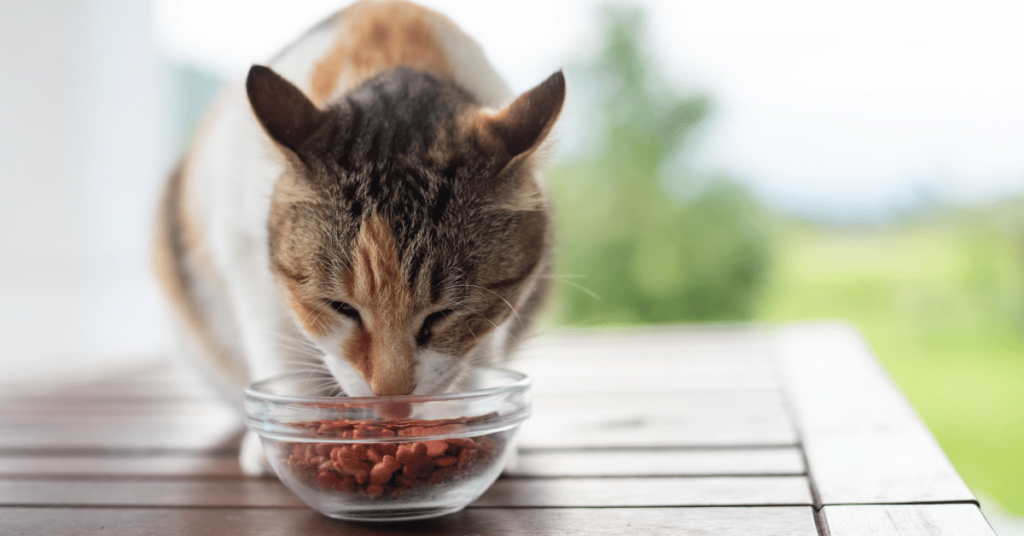Why is a Balanced Diet Important for Pets?
A balanced diet is essential for the optimal health and well-being of our furry friends. Just like humans, pets require a variety of nutrients to thrive and stay healthy. Providing a balanced diet can help prevent various health issues and ensure that your pet has a long and happy life.
Macronutrients for Pets
Proteins
Proteins are the building blocks of life, and they play a crucial role in a pet’s diet. They are essential for the growth and repair of tissues, the production of enzymes and hormones, and they provide energy. High-quality animal-based proteins, such as meat, fish, and eggs, should be the main source of protein for pets. Plant-based proteins can also be included but may not provide all the necessary amino acids.
Carbohydrates
Carbohydrates provide energy for pets and are a significant part of their diet. While pets, especially dogs, can digest and utilize carbohydrates, it’s important to choose low glycemic index carbohydrates such as whole grains, fruits, and vegetables. These carbohydrates provide steady energy release and are rich in fiber, which aids in digestion.
Fats
Fats are a concentrated source of energy for pets and provide them with essential fatty acids. These fatty acids are vital for healthy skin and coat, brain function, and the absorption of certain vitamins. Fats from animal sources like fish oil or chicken fat are beneficial for pets. However, it’s important to ensure a proper balance to avoid weight gain and obesity.
Micronutrients for Pets
Vitamins
Vitamins are essential for the proper functioning of organs and metabolic processes in pets. A balanced diet should include a variety of fruits and vegetables to provide the necessary vitamins. However, it’s important to note that some vitamins, such as vitamin D, may need to be supplemented, especially if your pet has limited exposure to sunlight.
Minerals
Minerals play a critical role in maintaining strong bones, teeth, and overall health in pets. Calcium, phosphorus, magnesium, and potassium are some of the essential minerals that must be included in their diet. While most commercial pet foods are formulated to meet these requirements, it’s always beneficial to consult with your veterinarian to ensure your furry friend is getting enough.
Feeding Guidelines for Pets
Portion Control
Portion control is crucial to maintain a healthy weight for pets. It’s essential to follow the feeding guidelines provided by the pet food manufacturer or consult with your veterinarian to determine the appropriate portion size for your pet based on their age, size, and activity level. Remember, overfeeding can lead to obesity and related health issues.
Meal Frequency
The frequency of meals depends on the age and specific needs of your pet. Puppies and kittens generally require more frequent meals, while adult pets can usually be fed twice a day. However, consulting with your veterinarian is essential to determine the best meal frequency for your furry friend.
Water Intake
Providing fresh and clean water is just as important as a balanced diet. Make sure your pet has access to clean water at all times to prevent dehydration and ensure proper organ function. Remember to change the water regularly to maintain its freshness.
Conclusion
A balanced diet is the cornerstone of optimal pet health. By providing the right balance of macronutrients, micronutrients, portion control, and meal frequency, you can ensure that your furry friend stays healthy and happy. Remember to consult with your veterinarian for personalized recommendations and to address any specific dietary needs your pet may have.







